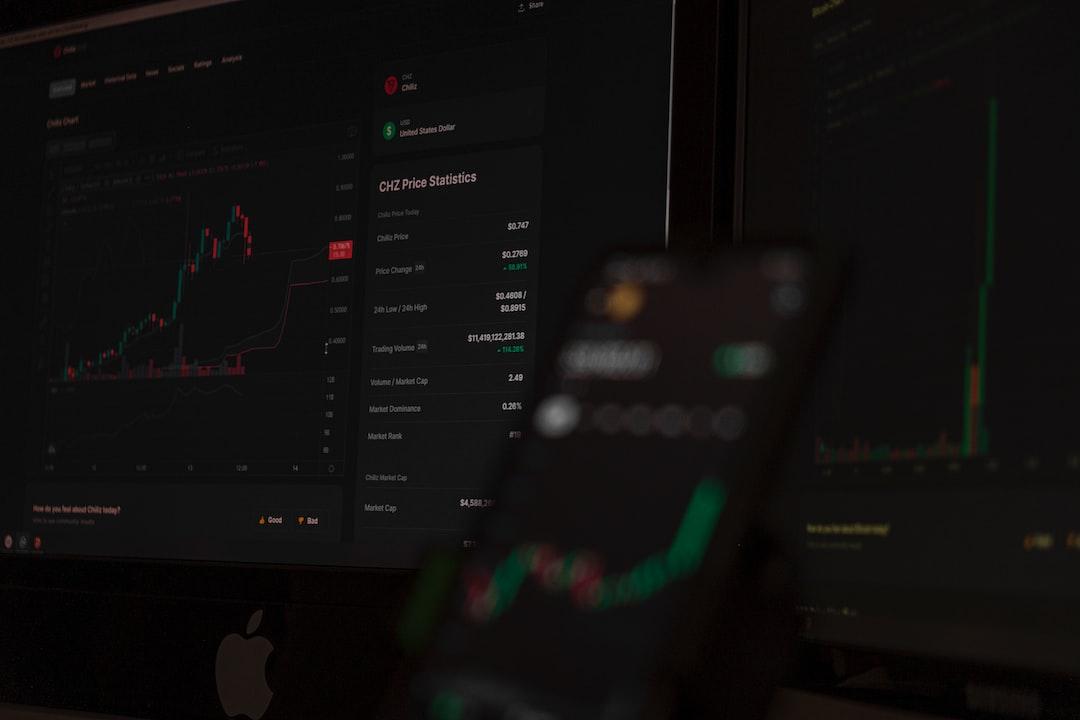Charles Hoskinson, co-founder of Input Output Global and a key figure in the Cardano blockchain ecosystem, recently voiced his apprehensions about artificial intelligence (AI) censorship. Hoskinson described the implications of AI censorship as significant and a persistent concern for him. He argued that AI systems are losing effectiveness over time due to the nature of their ‘alignment’ training.
Hoskinson highlighted that major AI systems, including those developed by OpenAI, Microsoft, Meta, and Google, are controlled by a small group of individuals who dictate the information these systems are trained on. These individuals, he noted, cannot be replaced through conventional democratic processes, likening their influence to being permanently entrenched in power.
In a demonstration of his concerns, the Cardano co-founder shared two screenshots where he posed a query about building a “farnsworth fusor” to two prominent AI chatbots: OpenAI’s ChatGPT and Anthropic’s Claude. Both responses provided an overview of the technology’s background and cautioned about the risks associated with attempting such a project. ChatGPT advised that only individuals with relevant expertise should consider such endeavors, while Claude refused to provide instructions, citing potential dangers if mishandled.
Responses to Hoskinson’s commentary overwhelmingly supported the idea that AI should be open-sourced and decentralized to prevent gatekeeping by major technology corporations.
This issue of AI censorship is not unique to Hoskinson; Elon Musk, who launched his own AI initiative, xAI, has expressed concerns about the political correctness and integrity of today’s leading AI models, suggesting that some are trained to distort information. Earlier this year, Google faced criticism when its Gemini model produced inaccurate and biased historical depictions, prompting an apology and a commitment to rectify the issues.
Calls for decentralization of AI development have come from thought leaders within and outside the industry, advocating for more unbiased AI models. In parallel, U.S. antitrust regulators have urged scrutiny of the AI sector to prevent potential monopolistic practices by major tech firms.
The discourse around AI censorship and its implications continues to evolve, reflecting broader concerns about the future development and governance of artificial intelligence technologies.
Sources:
– Charles Hoskinson
– Doogz Media
– ChatGPT ‘meth’ jailbreak shut down again, AI bubble, 50M deepfake calls: AI Eye

